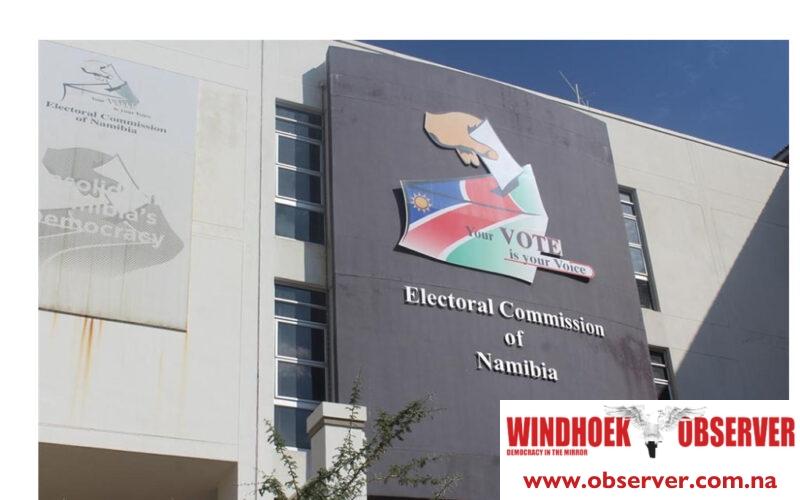Erasmus Shalihaxwe
The Electoral Commission of Namibia (ECN) has rejected allegations made by Affirmative Repositioning (AR) leader Job Amupanda, who alleged that the Commission is colluding with the ruling Swapo party to delay a by-election in Outapi constituency.
Amupanda took to social media last week, claiming ECN and Swapo were engaged in “behind the scenes” meetings to avoid calling a by-election in Outapi after former councillor Immanuel Shikongo was appointed governor of Omusati Region.
In response, ECN spokesperson De Wet Siluka labbeled the accusations false and aimed at creating confusion and public mistrust in the Commission.
He said the ECN followed legal procedures, and the vacancy was officially declared and gazetted in government gazette No. 8692 on 18 July 2025, in line with section 10(2) of the Regional Councils Act of 1992.
Siluka explained that Section 10(3) of the Act requires a by-election to be held within three months of a seat becoming vacant, unless the original term of the outgoing member ends within that same period.
He said this exception does not apply to the Outapi vacancy, as the former councillor’s term would have ended in late November 2025.
“Given that the next General Regional Council Elections are scheduled to be held on 26 November 2025, and Hon Shikongo’s original term would have expired around that date, the ‘unless’ condition is demonstrably not met, thereby legally compelling the by-election within the three-month period,” said Siluka.
He added that ECN met with political parties on 14 July 2025 at Election House to present a draft election schedule and discuss the challenges of holding a by-election so close to the November elections.
“The Affirmative Repositioning Political Party was not only represented at this meeting, but its representative actively participated in all deliberations and decisions taken. We wish to record that the Commission never resolved to not proceed with the by-election,” Siluka said.
He said the Commission presented various options for managing the process and committed to analysing them further before informing political parties of the final decision.
“This, in our view, is an exercise of due diligence, not a secret strategy to violate the law,” Siluka said.




